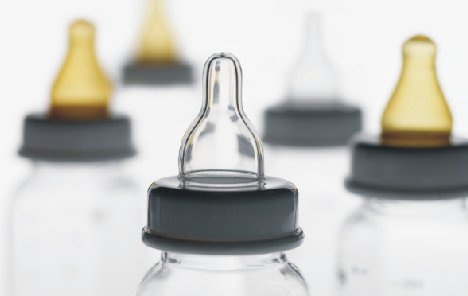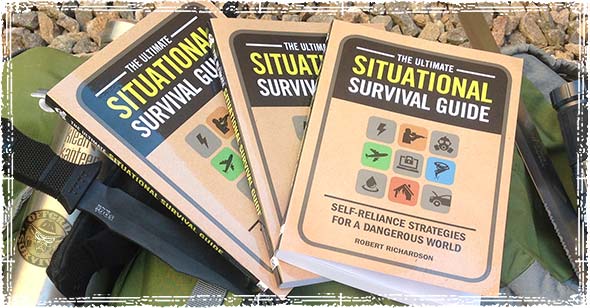
Are some Kenyans being used as guinea pigs in risky trials for drugs? A new study claims the country is becoming an “open laboratory” because of the high number of ‘loosely' regulated clinical trials taking place. It alleges many poor Kenyans especially around Kisumu have signed up for trials because they get free treatment, food and about Sh500 for transport. The report says ethics are being violated because of weak laws and lack of scrutiny by human rights and healthcare activists. At least 200 clinical trials are currently taking place in Kenya to test new drugs and medical procedures.
In January of 2014, the Netherlands-based advocacy group Wemos published a 58-page report “The Clinical Trials Industry in Kenya: Realities, Risks and Challenges” wherein it questions if trial participants are fully informed before they give their consent to participate in new pharmaceutical drug trials, which have become a flourishing industry in Kenya.
African continent countries are becoming “hot” drug trial markets for Phase I, II, and III drug trials, especially Kenya and South Africa. However, there are grave concerns about the safety, effective regulations, and ethical standards of trials conducted by international pharmaceutical companies.
Ambrose Rachier, Head of KEMRI’s ethics committee says, “We look at any compensation that is supposed to be given (to the participants) because when it is very attractive then we are dealing with the principle of inducement – that the people may not be acting in a voluntary manner; they may be coming in for money.”
Drug trials …
…[H]e was asked to sign a consent form in a hospital he visited for TB treatment. The doctor also signed as a witness. “They just said it was a free treatment that would cure me and that some of my blood samples would go to Atlanta in America,” he said.
Edwin says weeks after getting the test drug, he began having strange joints and eye problems. “Slowly my eyesight started to get worse and now, six months later, I really have trouble seeing far away, which is affecting my work,” he said.
It should be noted that problems with eyesight were listed on the consent form that Edwin signed, but probably because of his inability to comprehend what he was signing, he did not understand the full ramifications of a drug trial. According to Edwin, “They will say my eyes are damaged because I go to smoky places.” Edwin was given the drug Rifapentine in doses to expedite a faster cure of TB.
The trial, in which Edwin was a participant, aimed, according to the title on the consent form, to establish efficacy, tolerability, and safety of higher dosage of Rifapentine for TB. [CJF emphasis added]
Apparently, there are many inequities drug trial participants have to deal with, including having to purchase trial drugs at some point in time. “The report says patients who responded well during the trials are cut off from treatment unless they buy the drugs.”
In the Wemos report we find a possible indicator as to why pharmaceutical companies seek out drug trial participants in Kenya:
As the political and public debates continue, the harsh reality of inequality and poverty remain clearly visible in Kenya in 2013. As Erik Okioma, a community health activist and coordinator of the Kenya branch of the AIDS Candlelight Memorial in Kisumu, says frankly: “In Kenya, if you don’t have money and you get seriously ill, you will die.”
It is in this context and against this background of mass poverty and inequality that an increasing number of clinical trials are taking place in Kenya.
Africa has arguably the least access to quality care, ensuring a steady stream of dedicated patients to fill trial enrollments.
Another example with drug trial problems, as pointed out in the Wemos report, concerns
Awareness of adverse effects and informed consent
The Declaration of Helsinki states: “In medical research involving human subjects capable of giving informed consent, each potential subject must be adequately informed of the aims, methods, sources of funding, any possible conflicts of interest, institutional affiliations of the researcher, the anticipated benefits and potential risks of the study and the discomfort it may entail, post-study provisions and any other relevant aspects of the study.”24 However, as mentioned before, in the case of Suzanne it seems that she was not informed about the possible side effects of Nevirapine nor was she informed of the risk of HIV transmission as a result of breastfeeding.
Here’s another indication of how drug trials are conducted:
The study, behaviour/observational study on HIV, involved monitoring the sexual activity of highschool age adolescents and taking samples of blood and urine. An investigating team from KEMRI was deployed to the trial site and discovered the consent for the participants had been granted by the head teacher only and not by the parents, a clear ethical violation.
Dr. Patrick Orege of KEMRI’s division in the port city of Kisumu says, “They (sponsors) think they can get away with anything because it’s Africa.” Ambrose Rachier contends, “The public health risk there is obvious.” But here’s probably what may be the cruel and calculated strategy of drug trials, no matter where they are conducted or the pharmaceutical involved:
Personally and as a researcher, I’d like to have access to the studies and files that pharmaceutical companies – vaccine makers, in particular – do not present to the U.S. FDA during the application for licensure process. I only can imagine what surprises might be found.
Pharmaceuticals also come here to circumvent the high fees in high-income countries such as the US. The investigation says Kisumu has been turned into the “human laboratory” of Kenya. The lakeside city is a hub for clinical trials because of easy availability of willing people with HIV and malaria.
The report urges Kenyan authorities to ensure all those concerned operate within a well-monitored and ethical environment. Clinical trials in Kenya are authorised by the the National Commission for Science, Technology and Innovation.
Please Read this Article at NaturalBlaze.com





Leave a Reply